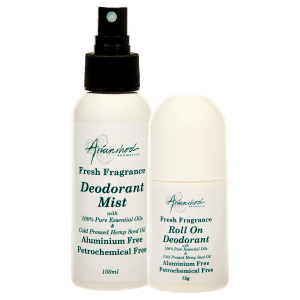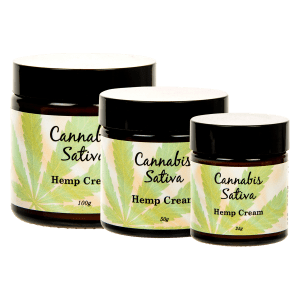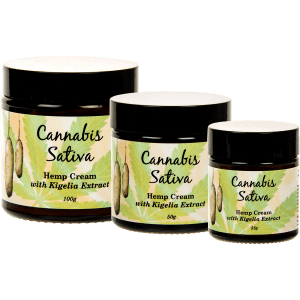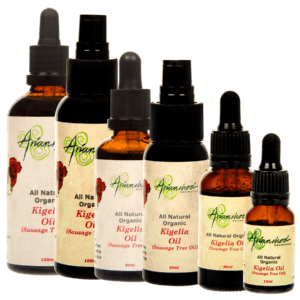Thyme (thymus vulgaris)
Thyme is any member of the genus Thymus of aromatic perennial evergreen herbs in the mint family Lamiaceae. Thymes are relatives of the oregano genus Origanum. They have culinary, medicinal, and ornamental uses, the species most commonly cultivated and used for culinary purposes is Thymus vulgaris. The Latin specific epithet vulgaris means “common” in the sense of “widespread”.
Thymus vulgaris (also called common thyme, German thyme, garden thyme or just thyme) is a species of flowering plant in the mint family Lamiaceae, native to southern Europe from the western Mediterranean to southern Italy.
Growing to 15–30 cm (6–12 in) tall by 40 cm (16 in) wide, it is a bushy, woody-based evergreen subshrub with small, highly aromatic, grey-green leaves and clusters of purple or pink flowers in early summer.
It is useful in the garden as groundcover, where it can be short-lived, but is easily propagated from cuttings. It is also the main thyme used as an ingredient in cooking and as an herbal medicine. It is slightly spicier than oregano and sweeter than sage.
Thyme has benefits for skin health including acne. Due to the natural anti-inflammatory and antibacterial properties of thyme, it serves as an effective natural alternative to cosmetic facial and skin cleaners. A simple tincture of thyme can help clear acne and help relieve the effects of acne on the skin.
Hair growth; Thyme delivers powerful nutrients to hair follicles that are necessary for healthy hair growth. Thyme also improves blood circulation to the scalp which encourages growth. Rub a mixture of thyme oil and coconut oil on the scalp to lock in moisture and deliver nutrients.
The major bioactive compounds of the extracts from thyme are carvacrol and thymol. Thymol exhibits multiple biological activities including anti-inflammatory, immunomodulating, antioxidant, antibacterial, antifungal, and free radical scavenging properties. Carvacrol also possesses antimicrobial, antifungal, and antioxidant activities, as well as antimutagenic and anticarcinogenic effects.
Thyme essential oil is antiseptic, antibacterial, antispasmodic, hypertensive and has calming properties. Thyme oil is one of the strongest antioxidants known, and it has been used as a medicinal herb since ancient times. Thyme supports the immune, respiratory, digestive, nervous and other body systems.
Want to keep those pesky little blighters away? Try our All Natural Organic Insect Repellent, with its blends of natural essential oils designed to smell good for human beings, but not for insects!





